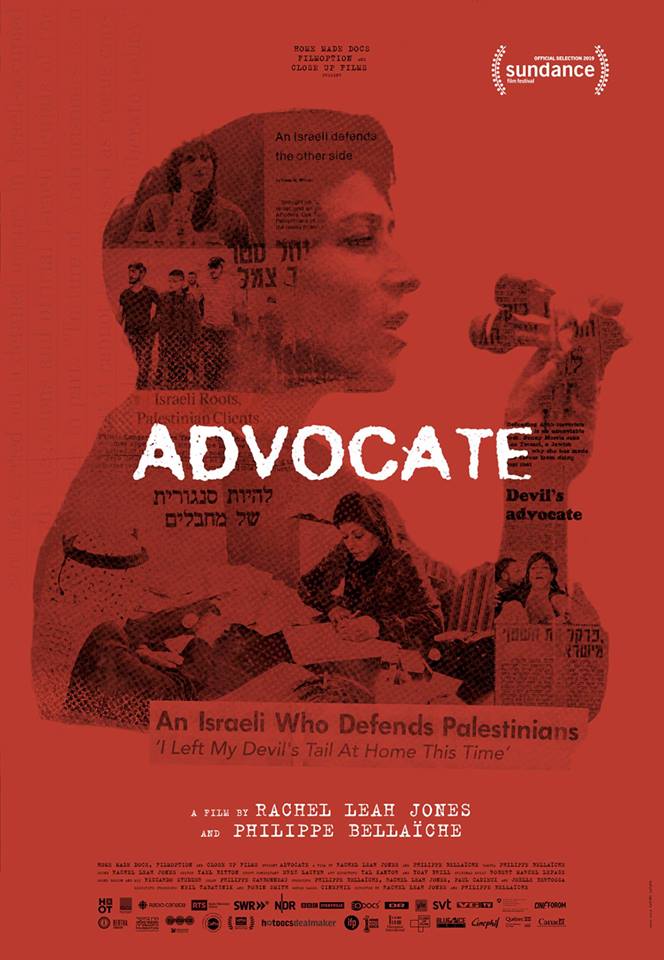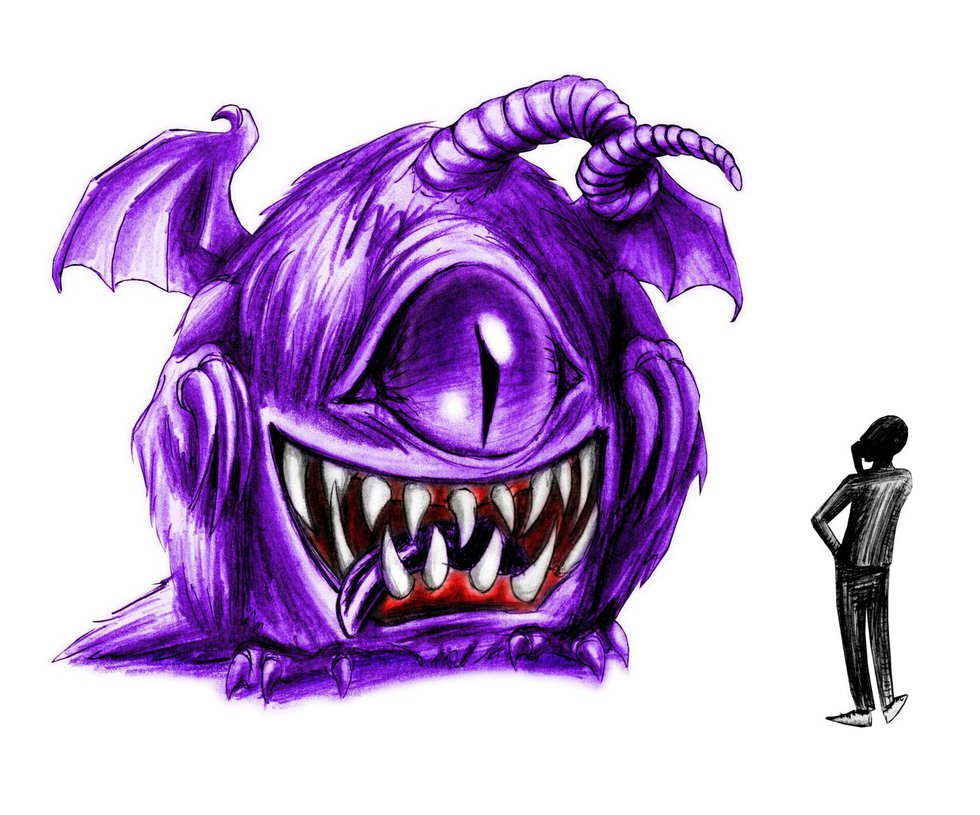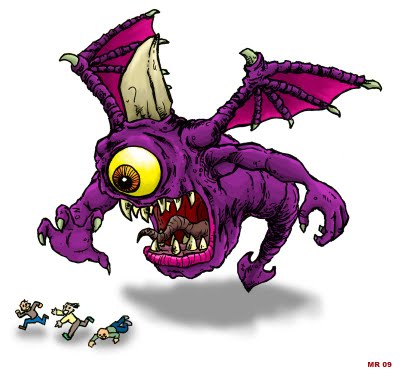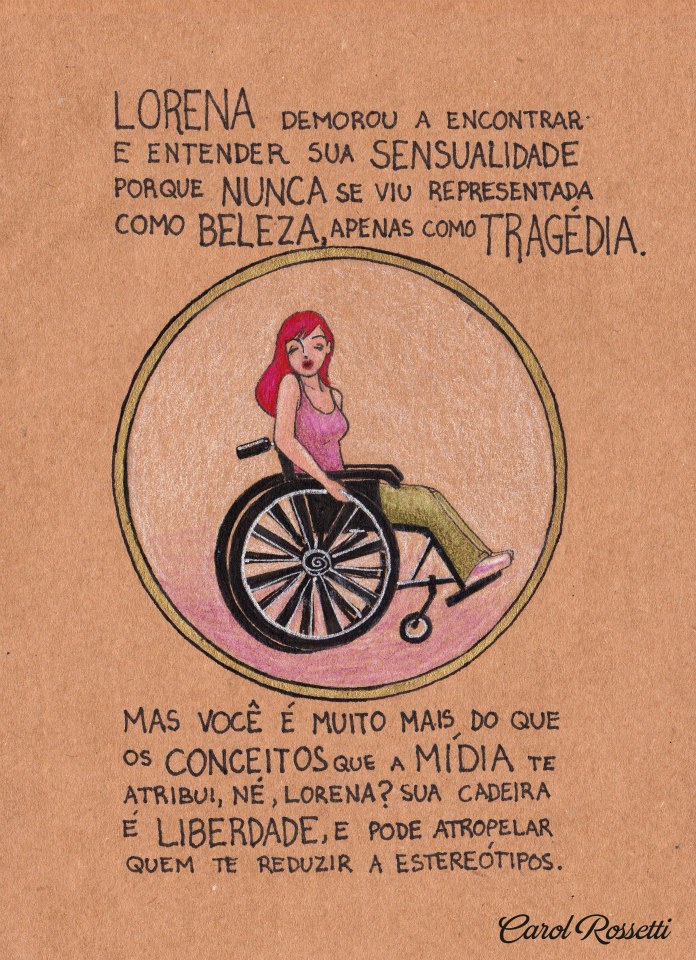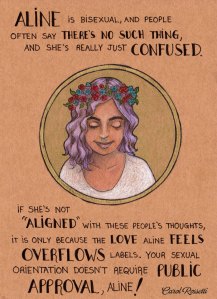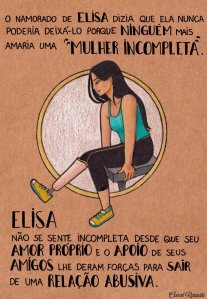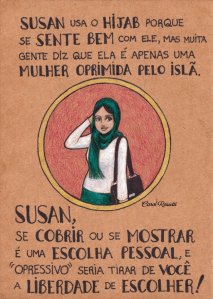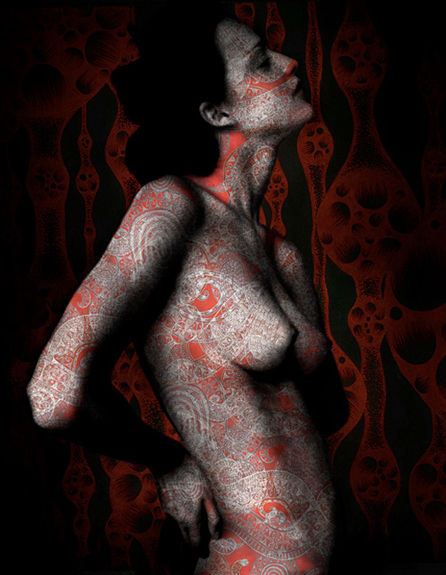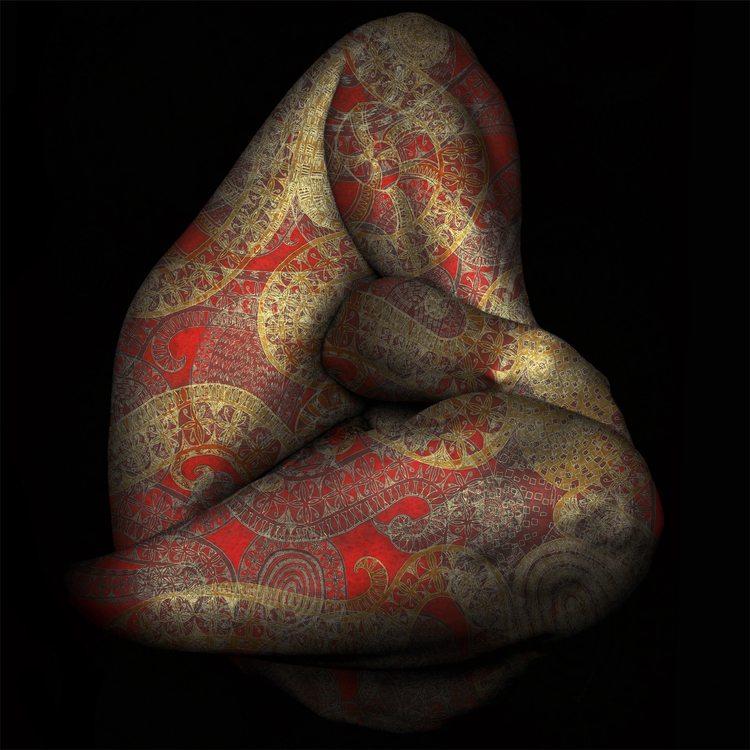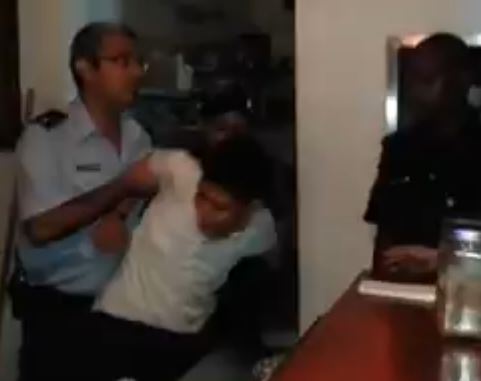| A tiny bit of background: This is a text written by A, an Israeli who is also an intersectional activist, including being anti-Zionist and in solidarity with Palestinian liberation. A is friends with P, a Palestinian man who lives in the US. P’s home was destroyed as part of the ethnic cleansing that was done by Yitzhak Rabin in 1967. P, who is doing a lot of public speaking and activistm these days, asked A for some comments on the ongoing situation as “someone in the middle of things”, to use in his talks. A says that they felt frozen during the first weeks of the attacks on Gaza, and this was the first time some words came, that they aren’t necessarily a coherent account of anything, and of course, they are subjective and personal. And unedited except for the names. They were written after the first stages of the attack, but before the complete annihilation of northern Gaza. A asks that this text not be taken as a victim statement in any way, as it’s clear who the true victims are. But because the text was asked for, and an Israeli anti-Zionist view is rare, there is some small space being made for it here. |
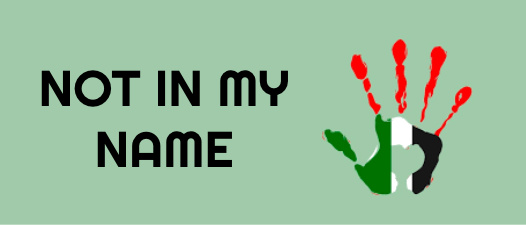
My dear friend P
You’ve asked me to share a paragraph or so of my thoughts, and I so want to help, but that seems like such a sound bite, and I’m not a good politician… So I thought I’d write some random thoughts and then I’ll either take something from here, or give it all to you and you can take whatever you want from it.
First, I’d like to address how unable I’ve been to express myself since October 7. Part of it is sheer horror. I don’t even know what to say that is proportionate. Or that feels effective. And feeling wordless isn’t a usual feeling for me. Part of it is being anti-Zionist in an Israel awash with bloodlust. It’s always othering to be of my political leanings here, and some activists (I don’t think I’m among them but who knows?) have been on the Security Forces radar for years already… But now it’s much more immediate: The threat to one’s livelihood, the threat to one’s freedom… Even for privileged white Israelis, and of course, much more so for Palestinian citizens. I’ve never been ruled by fear, I don’t think that completely explains what I’m feeling now. It’s more the sense that I don’t have any peers now. I’m sure it’s not 100% true, but it’s true enough.
In my Hebrew language/Israeli social media, I don’t have bloodlust (because I curate), but I do have general pro-Israel, pro-army sentiment, or from the usually vocal leftists, only focus on the hostages. A lot of anti-government rhetoric, but only of this *particular* government, not the legitimacy of the whole project it’s a part of. Very few people are speaking out, though that’s slowly changing as the genocidal slaughter continues.
In my non-Israeli social media, there is plenty of pro-Palestine and anti-Zionist sentiment, but so much of it is peppered with antisemitism (no, I don’t mean the slogan “from the river to the sea”), and even more is just… Ignorant. It’s really hard to get behind people pontificating pure nonsense about the history of Israel, Zionism, Palestine, this or some other war, this or some other movement… I despair.
So I’m having trouble finding a political home, and I’m having trouble being the voice that is a clarion call for an informed, humane, justice-oriented discourse.
Of course it isn’t as if those voices don’t exist, they are just hard to find amid all the others. And people being people, someone good on Palestine is then found out to be transphobic, or someone good on trans issues is found to be Islamophobic and so on forever.
The next thing that comes to mind is my subjective experience of this time. My political beliefs remain unshaken (which isn’t true of everyone in my local sphere), but at the time that I had literally hundreds of missiles exploding over my head, it was hard to put my emotions and politics in order, especially in a way that could be clearly expressed. Even if I had felt I had a good place to share. Because I live in Israel, and my friends and cohorts are here, I can’t NOT be affected by my friend who is terrified for her children each time a missile warning siren blares, or the other friend whose cousin was taken hostage, or the other friend whose nephew was murdered at the music festival. None of which made me less caring about the Gazan lives lost. But another thing I’ve learned during this time is that all of us, no matter who we are, feel more strongly, more immediately, about someone whose name we know, whose picture we see, and during those early days, I didn’t know the Gazan names, I could only watch in horror as the body count grew.
And then, of course, as Israel’s murderous response continued to take more and more Palestinian lives, and the religious zealot settlers in the West Bank escalated their pogroms (and that is hardly even considered newsworthy in comparison) my despair and pain grew even more unbearable, and all the while, I continue to live a relatively calm life, but one in which I need to go into work every day, and work alongside people serving this army, this political agenda, supporting this government… People who at best think it’s an awful situation but not entirely uncalled for, and at worst are perpetuating it themselves.
When I open the app to order a taxi, each car has a little Israeli flag on it. The popup message on the grocery website calls for support of “our soldiers”. All the billboards have nationalistic messages and flags, all the high-rise towers are lit up with proclamations of how “together we will be victorious”. I’ve adopted the habit of putting in ear buds any time I’m out in public, because I can’t listen to the radio, or hear the casual conversations taking place everywhere.
I can’t handle seeing yet another dog or cat abandoned by their relocated families, or who are simply lost, wounded, starving, and need help. For a while, it seemed like everyone I knew was going from one funeral to the next, and it felt never ending. During this time, I managed to avoid seeing the worst of the images from Gaza, which I didn’t think I could handle, but now, as the unimaginable is proving itself all too real, that is no longer true, and I can’t really handle those images either.
And then there’s the guilt, the guilt that I don’t feel I can help, the guilt that it’s being done in my name, the guilt that I still have my comfortable life while others’ are lost. In more than the literal sense of dying, as the terrors affect the survivors (and who knows if they will remain survivors) who are wounded, who have lost limbs, who have lost homes, who have lost their families, who are starving, who are uprooted, who are in constant danger… With the clear knowledge that this trauma will transcend generations.
When I can get out of my feelings, here are the next things I think about.
I think about the Holocaust. As someone who grew up in its shadow in a community of survivors, whose grandparents became refugees, and whose education (as an Israeli and very much as a Zionist) was centered on this event, some of the most persistent questions I’ve heard over decades and decades are “how could all those Germans remain silent?” with the corollary, that if they didn’t do anything against it, they were accountable for it; and “What would you do if you were there?” To which, of course, we all want to answer that we would have been a Mordechai Anielewicz (leader of the Warsaw Ghetto rebellion) or a Sophie Scholl (of the anti-Nazi White Rose movement)…
But in truth, most of us are just living our lives, even if we feel pain or shame or despair or any other emotion. Hannah Arendt spoke of the banality of evil, and she was talking about Adolph Eichmann. It is even more banal to just be a person who lives in a place in which truly terrible things are happening.
Of course, many people on the internet are acting as if the terrible things just started, but I realized a few things about the ignorance of even the most well-meaning amongst them, when it comes to Israel.
For example, I don’t think people realize how deep and how complete the brainwashing is here. If all your life, including geography and history lessons in school, you’re shown a map of your country that looks like it extends from the Jordan river to the Mediterranean, you think that’s your country. I was never told there was a Green Line, I discovered that after moving to the US. If your history lessons tell you that you are a consistent victim of aggression from the many countries surrounding you, you grow up to be an adult who believes their life is in constant danger. If it’s actively hidden from you that Arab villages used to exist where your town or village now stands, or if it’s existence is known, but you’re told that the Arabs ran away so that the Arab armies could defeat the Jews and then they would come back to finish us off – you grow up without a doubt that this is real, because this is how ALL of us learn reality.
You’re never taught that the UN vote on the division of Palestine was a non-binding one, that the UN doesn’t have that kind of power, nor that the Palestinians weren’t under any obligation to agree to it. The only thing you’re told is “it was voted on” and “the Arabs rejected it” and therefore anything that happened since is their own fault. The list goes on.
The systematic erasure of history, of name places, of actual people, who were displaced, set the groundwork for everything we’re seeing now. Many people on social media wring their hands demanding to know “how can this even be happening in 2023???” and well, this is one reason.
The other, of course, is that terrible things happen all over the world all the time, and if you haven’t been aware of it, that simply speaks to your privilege. Human history is littered with genocides, and in between other forms of massive human rights catastrophes. I’m not whatabouting this, I want the focus on Palestine and Israel to continue. But like every form of activism, if you aren’t focusing on the systemic causes you aren’t going to fix the problem.
If you’re from the US or Canada or Australia or Germany (et cetera), your country is part of the problem. Capitalism, imperialism, colonialism, white supremacy, destruction of the environment, and war! are all related. Like, if you enjoy the Olympics and haven’t really cared how many people are murdered, unhomed, and otherwise harmed to make it happen, I hope your caring about Palestine/Gaza is your wakeup call to a broader understanding of oppression. So please keep talking about Gaza, but also don’t think that the anti-trans politician in your own back yard wouldn’t do the same thing. He’s the same as the people ordering the destruction of Gaza.
And if you’re feeling superior to Israel right now, you are wrong. Israelis are just people, like any other people. They run the gamut from kind to murderous, from left to right, from atheist to religious zealot, from smart to not, from funny to dull, from orderly to chaotic and everything else in between. People are capable of terrible things when the circumstances are created to enable them, and those of us concerned with justice need to be concerned with not allowing them to. And just because the worst horrors perpetuated by the US (etc.) aren’t necessarily happening where you can see them, it doesn’t mean they aren’t happening. Ask an Afghani person how they feel about it.
Another thing I think a lot about is how racism, including antisemitism and Islamophobia, works. How it pits marginalized groups against each other, while the masters continue to benefit, raking in the money from arms deals, from political cachet, from deals with the devil. In the US people seem to be taking weird sides, like to prove one side is right they will say terrible things about Muslims, and the other side will deny there is any such thing as antisemitism anymore. Meanwhile, the main people perpetuating both are white Christians, who are also the holders of power, and they like it when we tear each other down.
In Israel, Jews are the hegemonic group, so the formula is a bit different. But the anti-Arab sentiments here don’t only affect Palestinians (who are the most harmed, nevertheless). Systemic and pan-historic racism has also been aimed at the Jews from Arab and Muslim countries, against the Ethiopian Jews, against foreign workers from the Philippines, Thailand, India, Romania, Bulgaria and other places, against Sudani and Eritrean refugees, and more. A system built on racism will never adversely affect only one group, it will be rotten to the core.
Too many people want to simplify the ongoing genocide as “evil”. And of course, it IS evil. Very evil. But what I mean is, we aren’t in a Disney film here. There is no inherently evil character vs. one who is inherently good. The question to ask is: Who benefits? And the answer is pretty easy. Those who want power (this includes Hamas). For the past 16 years, every time there was any threat to Netanyahu, any upcoming election, any kind of protest movement, he immediately created a “security threat” and started bombing Gaza. This time is no different, only more, bigger. Because October 7 was more, and bigger.
Anyone not living in Israel probably can’t imagine what that day did, what it was. If the government hadn’t embarked immediately upon the military attack it did, it’s possible the government would’ve fallen. That’s how traumatized the population is. That’s how mad people are at Netanyahu, and this government, who as a whole and individually care nothing about anyone but themselves (or their core communities, for the religious settlers). There was no army there at the time, because it was moved to the West Bank to protect settlers. There is evidence that they knew of the Hamas plans, but ignored them. Because this situation keeps them in power. On an even more venal level, that isn’t talked about enough: Israel tests its weapons on Gaza, and then makes billions as one of the world’s leading arms dealers. If we didn’t have a reason to attack, how would these capitalist monsters (in direct league with the government) continue to prosper?
I also think a lot about how little people know about Jews, and Judaism. Sometimes it’s an innocent ignorance (which doesn’t prevent them from declaring “facts” online), but I’ve encountered a new (for me) form of antisemitism during this period, in which people have very strong opinions about Jewish people not being a people, of there being no such thing as Jewish identity, only a religion. People confidently asserting that if I’m an atheist I’m not Jewish (I mean, even the most misogynistic, extremist, hateful, racist, jingoistic religious sects would see me as Jewish, who the F are these people even?), that there is no Jewish ethnicity or culture… And I haven’t yet figured out what agenda this serves, like I said: new. But it’s hateful. I experienced a fair amount of antisemitism when I lived in the US, and in encounters with Europeans, but they always either fit the age-old stereotypes (not that it was pleasant, just not surprising) or else part of a Christian-centered agenda (I’m clearly going to hell or something, and the US is a Christian nation in which I don’t belong, etc.).
(This isn’t my feelings about the situation per se, but the internet is just full of this stuff because of posts about the situation, and it’s become a central theme in my life these past weeks.)
P, I feel I’ve gone a bit off topic, or am just all over the place. If any of this is interesting, please give me a prompt (a word, phrase or sentence) and I’ll craft my response in a more focused way for you to use. Much love, A.

